Iran FM: Taliban can’t revive Afghan ‘emirate,’ must join inclusive peace talks
Iranian Foreign Minister Mohammad Javad Zarif says the Taliban’s plan for the revival of an “emirate” in Afghanistan is not viable, stressing the need for the militant group to engage instead in an all-inclusive diplomatic process aimed at achieving “broad-based” peace in the war-ravaged country.
Speaking at a panel discussion session of India’s flagship Raisina Conference on Friday, Zarif elaborated on Iran’s stance on efforts to restore peace to Afghanistan and Tehran’s negotiations with the Taliban over the role the group needs to play in the diplomatic process.
Besides its own national security concerns, Zarif said, Iran held talks with the Taliban to convince the group that “there is a need for a broad-based, inclusive peace in Afghanistan, and that the Taliban should a part of that peace” instead of attempting to “control” the process.
He ruled out the possibility for the Taliban to implement its plan for reviving the “Islamic Emirate” of the 1990s in Afghanistan, saying that plan is no longer viable since the country has gone through a lot of changes over the past two decades and moved toward a democratic system of government thanks to the efforts of the Kabul government and the Afghan people.
Zarif said the democratic institutions established in Afghanistan following the overthrow of the Taliban rule “must remain in place…and become even more inclusive, with the Taliban abandoning violence and entering a political process.”
He said there is no consensus in Afghanistan over the Taliban’s plan, and that an “emirate” is not a system that post-war Afghanistan could be built upon.
The foreign minister called on all Afghan groups to work together and draw up a “unified peace” plan for the future of their country.
During the talks, “We pressed upon the Taliban that Iran is prepared to provide any forum for the Taliban and other groups in Afghanistan — particularly the government of Afghanistan — to engage in a serious talk for a movement forward; not threats, not violence, but working for peace within the constitutional framework of Afghanistan.”
Zarif described a decision by the administration of US President Joe Biden to withdraw all American troops from Afghanistan by September 11, two decades after Washington and its allies invaded the country under the pretext of fight terrorism.
The invasion ended the rule of the Taliban’s “Islamic Emirate” in Afghanistan, but never managed to end the violence and militancy that ensued. The chaos caused by the American intervention has even paved the way for the emergence of Daesh and Takfiri terrorists in the country.
Having remained bogged down in what is known as the longest war in American history, Washington signed a peace deal early last year with the Taliban, who now have control or wield influence over about half of the Afghan territory.
Zarif said Washington’s announcement “has to be taken in light of the realities of our region that the presence of foreign forces has never contributed to peace and stability in our region. The [withdrwal] will leave, at least, less ground for violence.”
The top Iranian diplomat further advised the Taliban against using the vacuum that could potentially follow the pullout of foreign forces to step up their campaign of violence, saying such a situation would be “disastrous” and would serve as the “recipe for a new war” in Afghanistan.
“I think the Taliban should not use this opportunity to increase violence,” said Zarif, emphasizing that the Afghan people’s wish for an end to violence should be respected.
The Iranian minister warned that Iran, which hosts some three million Afghan refugees, and the broader will not tolerate more violence in Afghanistan.
Violence continues in Afghanistan even as the Kabul government and the Taliban have been holding on-and-off talks to reach a peace deal. Little progress has been made in meetings between the two sides since the talks started on September 12, 2020.
Both sides have routinely accused each other of stepping up hostilities and killing civilians.
Huckabee mocks Arab League's condemnation of his biblical territorial remarks
VIDEO | Trump tariff setback
VIDEO | Press TV's news headlines
VIDEO | Iran will not 'capitulate' since it has military surprises for US
China overtakes US as Germany’s top trading partner
VIDEO | Displaced Gazans struggle to find clean water amid Ramadan
VIDEO | Pakistan strikes militant camps along Afghan border after suicide bombings
Iran FM: Chance still exists for win-win solution to nuclear issue



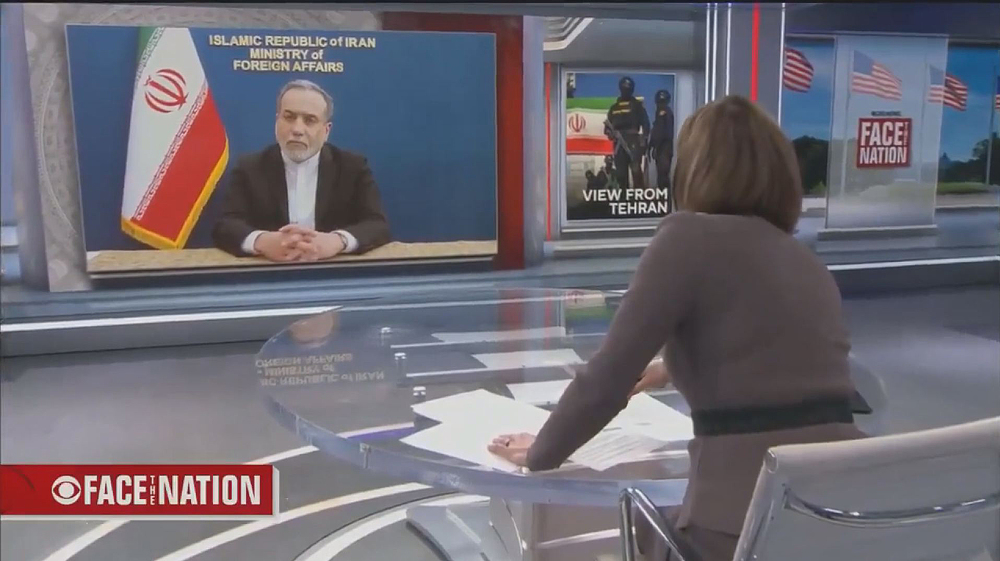
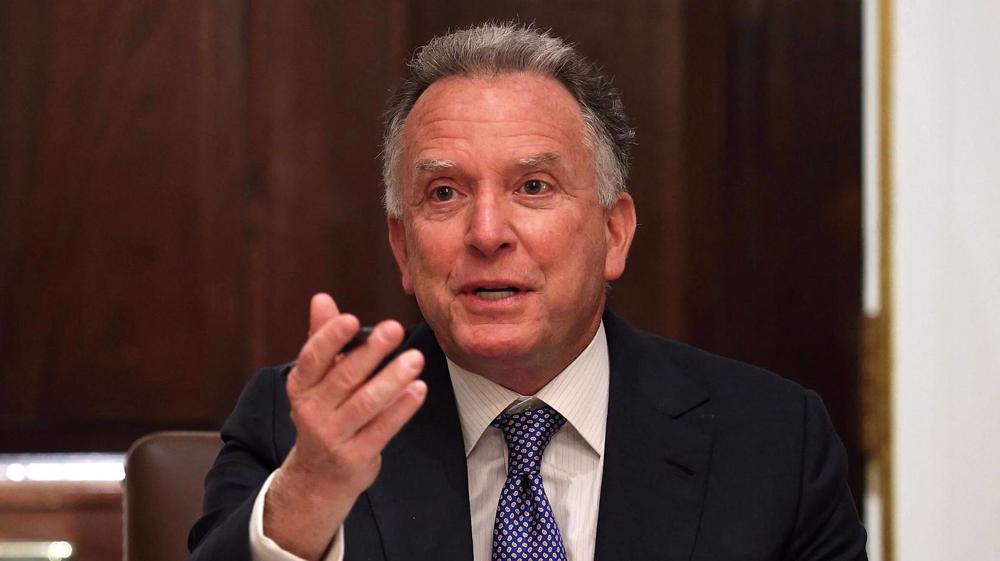
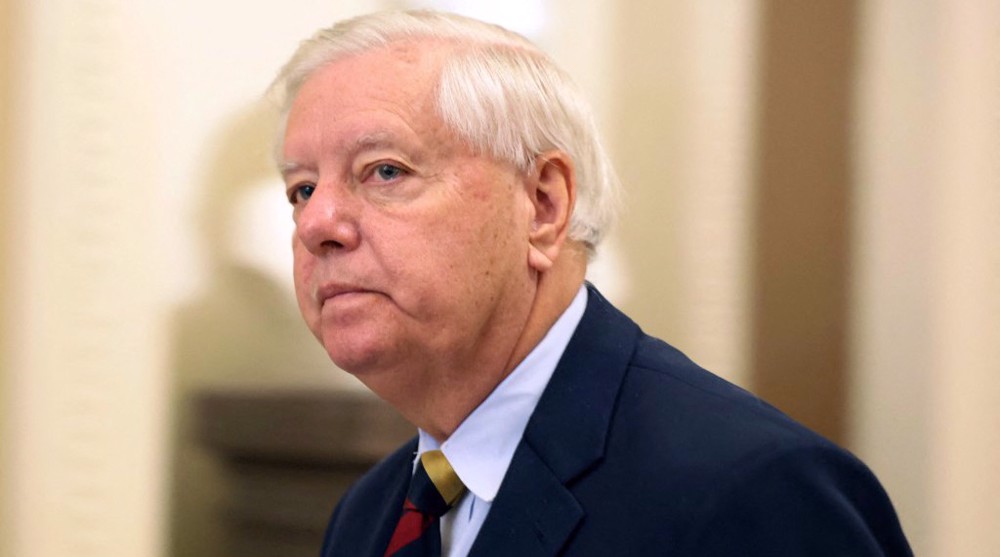



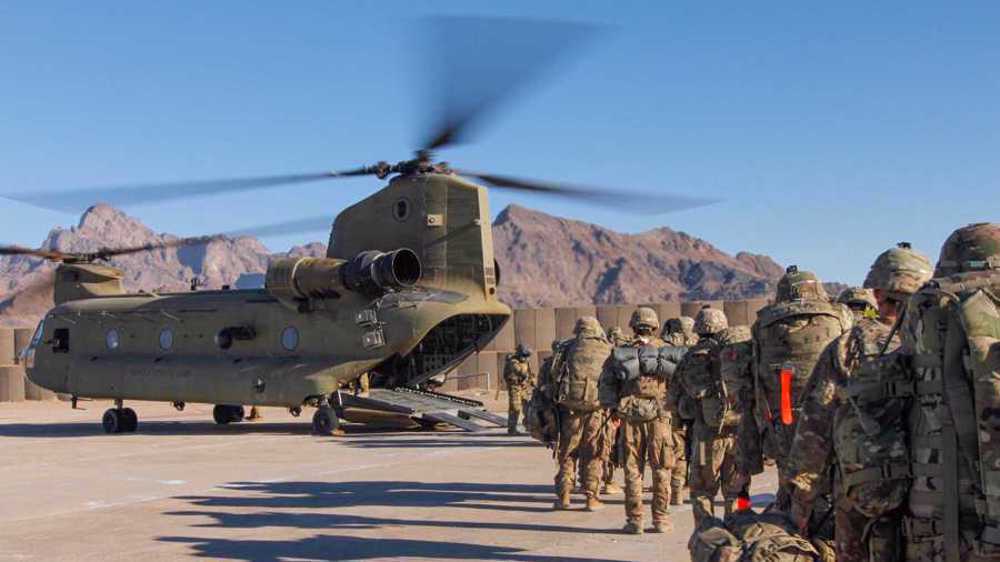
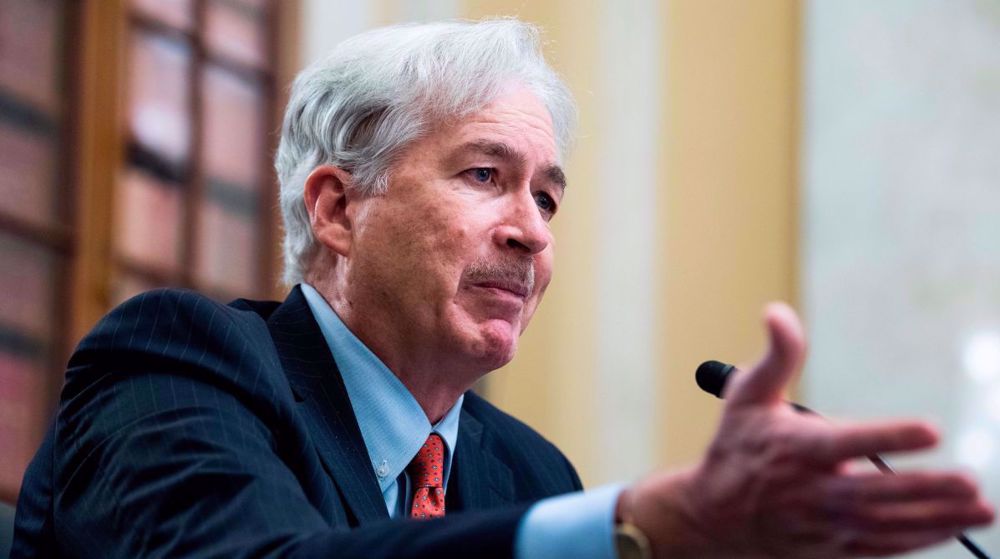
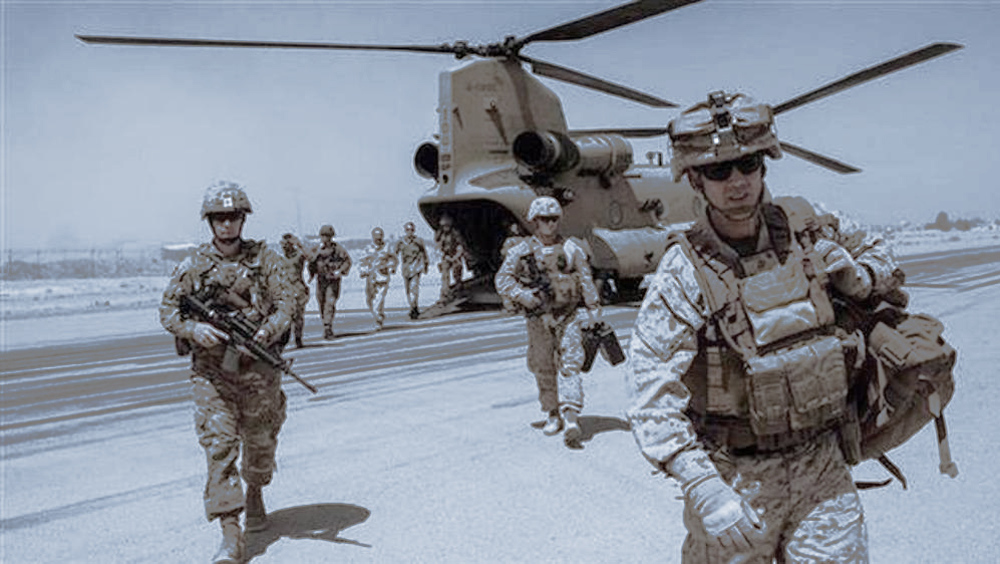
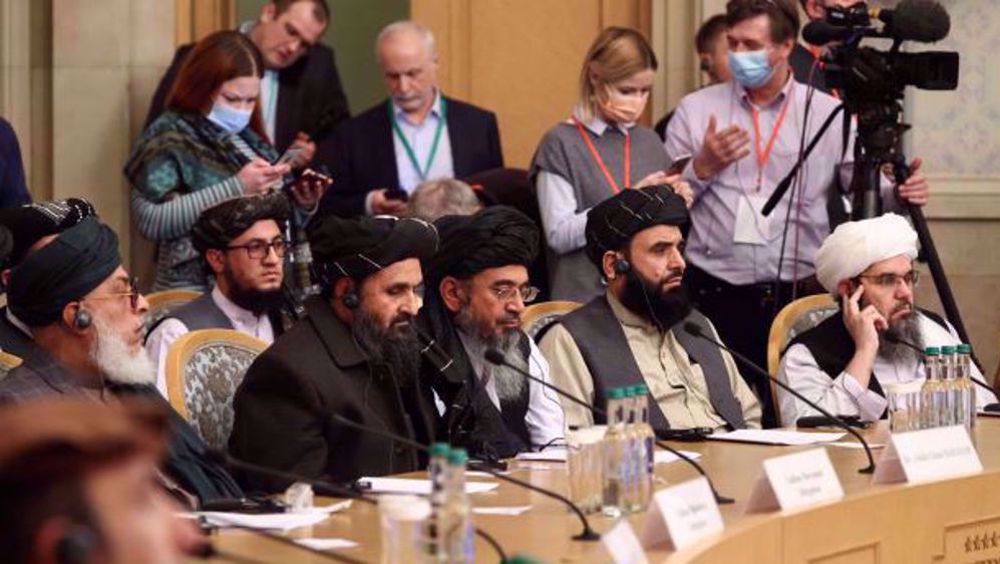
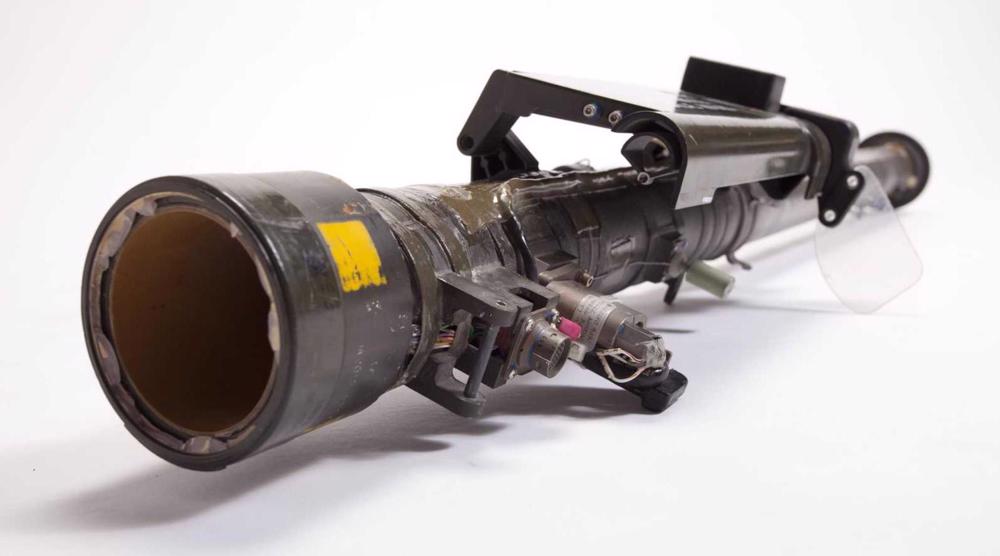
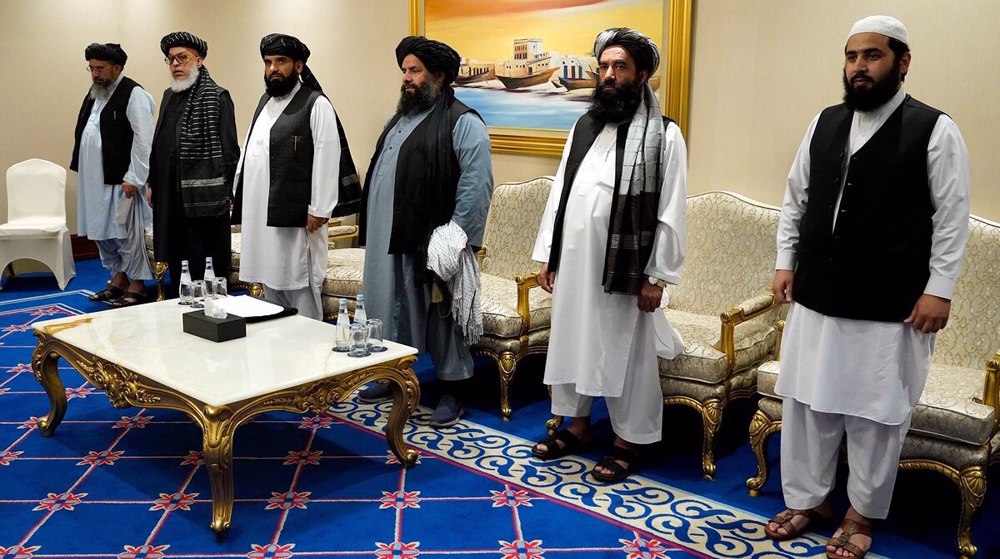
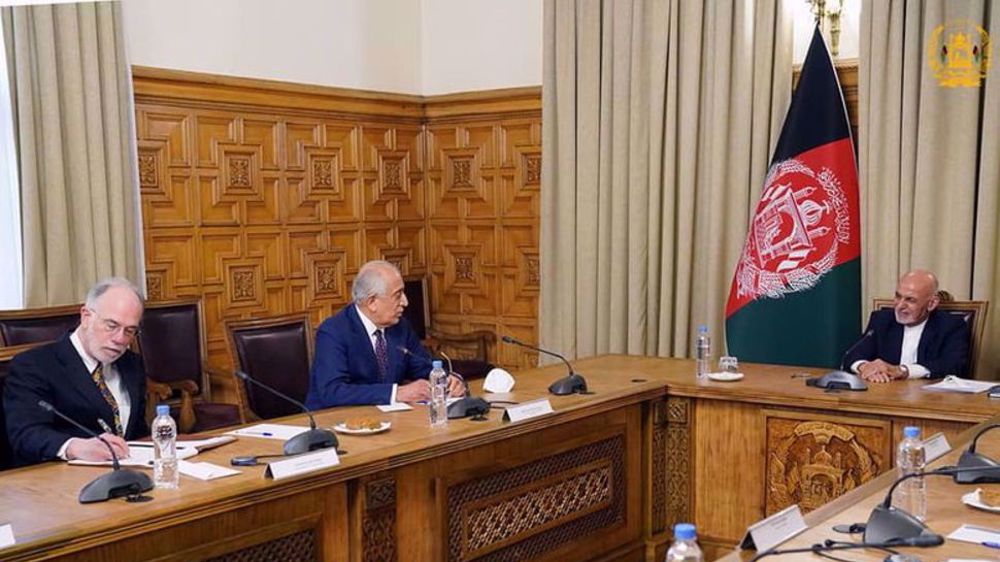

 This makes it easy to access the Press TV website
This makes it easy to access the Press TV website